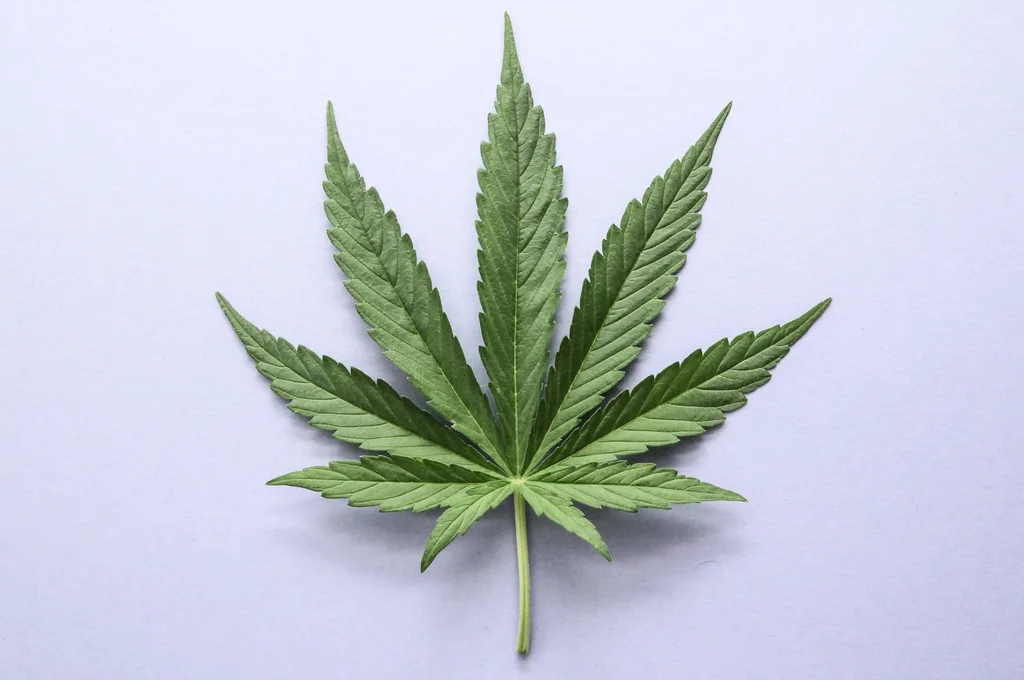According to a new meta-analysis published in the International Journal of Molecular Sciences, cannabinoids may help improve “eczema, acne, pruritus, psoriasis, hair growth, and skin cancer and have anti-aging effects on skin.”

“The therapeutic application of cannabinoids has gained traction in recent years”, notes the abstract of the study, published online by the National Institute of Health. “Cannabinoids interact with the human endocannabinoid system in the skin. A large body of research indicates that cannabinoids could hold promise for the treatment of eczema, psoriasis, acne, pruritus, hair disorders, and skin cancer.”
The study notes that “There are several clinical trials that show the potential benefits of cannabinoids in various dermatologic diseases. Clinical trials involving cannabinoids for pain, inflammation, and cancer “are actively ongoing, with a growing interest in their potential application in conditions that extend beyond skin concerns.”
Several clinical studies “have shed light on the potential benefits of CBD and CBD-containing hemp oil in eczematous dermatitis”, notes the study. “An observational study demonstrated that the topical application of CBD gel reduced a patient-oriented eczema measurement score from 16 to 8.1. Also, in patients with atopic dermatitis, the topical application of CBD ointment significantly improved transepidermal water loss and clinical severity. A randomized, single-blinded, crossover study of 20 atopic dermatitis patients found that dietary hemp oil increased polyunsaturated fatty acid levels, which improved skin dryness and itching”.
The effect of CBD on psoriasis has also been investigated in clinical trials, notes the meta-analysis.
“Friedman et al. demonstrated that psoriasis patients treated daily with a topical THC cream showed improvement within two days [60]. Also, five patients with psoriasis who applied topical CBD-enriched ointment on their lesions twice daily for three months had an overall improvement in their Psoriasis Severity Index scores on day 90 (p < 0.001) [15]. Patients with scalp psoriasis who were treated with CBD oil experienced reduced arborizing vessels and inflammation. They also reported less itching and burning symptoms after using the CBD oil [61]. A split-body, double-blind, placebo-controlled study of 51 patients with mild plaque-type psoriasis was conducted. The patients applied 2.5% CBD ointment and placebo twice daily for 12 weeks and showed significantly lower Psoriasis Severity Index scores on the CBD side throughout the follow-up period (p = 0.026) [62].”
Researchers conclude by noting that “most of the available data are at the preclinical stage. Comprehensive, large-scale, randomized, controlled clinical trials have not yet been fully conducted.”







